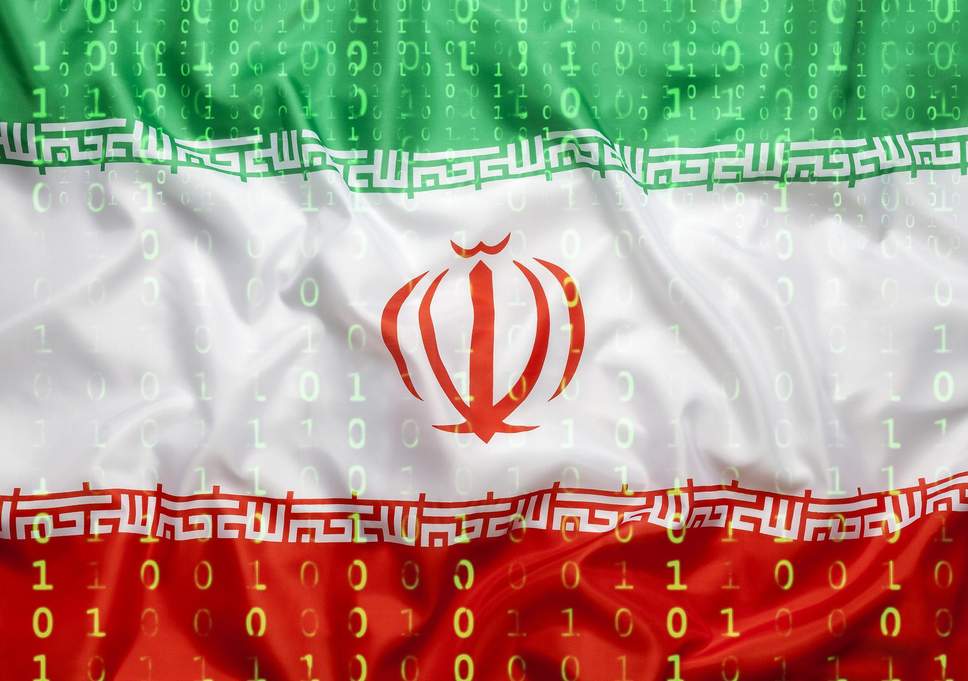FRESH AIR
Will Iran use fake social media accounts and fake news to try to sway the British election?
December 4, 2019 | Oved Lobel

On November 5, a joint statement from US security agencies warned that “Russia, China, Iran… all will seek to interfere in the voting process or influence voter perceptions” during the 2020 US presidential election. Russia is often mentioned, justifiably, as the foremost culprit in political influence operations in Western democracies, yet Iran’s expansive propaganda networks, using very similar techniques involving fake social media accounts spreading fake news, continue to often slip under the radar.
Nearly all studies point to the relative ineffectiveness of these operations in altering opinions – but their purpose is less to sway opinion and more to discredit democratic processes themselves and slowly poison the information space around a host of emotive issues.
With an election in the United Kingdom on Dec. 12 between Conservative leader Boris Johnson and the Iran-friendly Labour leader Jeremy Corbyn, there is good reason to worry about clandestine Iranian attempts to influence the outcome, based on past evidence of significant Iranian efforts to sway British politics. Wedge issues like Labour Party antisemitism and Brexit would likely play a major role in whatever online campaign Iran is likely to launch, if one isn’t already underway.
In August 2017, Facebook took down a large network of over 600 fake profiles, pages, and accounts linked to an Iranian operation to promote both Jeremy Corbyn, as well as the Scottish National Party (SNP). Both Corbyn and the SNP have maintained close links with the Iranian regime. This online campaign included fake pages and websites with names like “The British Left,” which promoted Corbyn and defended him against charges of antisemitism, and “Free Scotland 2014,” pushing SNP positions.
As is well known, Corbyn’s relationship with Iran includes repeatedly appearing on the Iran state propaganda outfit Press TV between 2009 and 2012, and receiving up to £20,000 (A$37,800) for his appearances. In January 2012, Press TV’s license to broadcast in the UK was revoked.
Less well known are the links between Iran and the SNP. Former SNP leader Alex Salmond worked hard at boosting Scottish-Iranian ties and led a six-person delegation to Iran in December 2015. His successor, current Scottish First Minister Nicola Sturgeon, has maintained strong ties with local pro-Iranian front groups, such as the The Ahl-Al-Bayt Society Scotland and the Iranian-funded World Forum for Proximity of Islamic Schools of Thought.
AIJAC has been following Iran’s online campaigns, which by and large take place under the auspices of Iran’s International Union of Virtual Media (IUVM), since they were first exposed in 2018. This network extended beyond Facebook and far beyond just the UK and had been running since at least 2012, with dozens of websites and hundreds of accounts and pages across Google and Twitter, as well, in over 15 countries. These IUVM websites and accounts garnered hundreds of thousands of unique visitors every month and many more followers, pushing both Iranian regime propaganda as well as amplifying certain local political positions depending on the country or individuals they were targeting. For instance, one of the IUVM accounts in the US with thousands of followers, called “Liberty Front Press,” operated under the Twitter handle “Berniecratss” in 2018 to target Bernie Sanders fans.
On the more sophisticated end of this network was what the University of Toronto’s Citizen Lab dubbed “Endless Mayfly,” which was reportedly mostly shut down in 2017. Endless Mayfly used “typosquatting” – changing one or two letters in a link or account name – to masquerade as genuine popular accounts and websites from which they’d promote disinformation. Aside from mimicking real popular accounts and websites, Endless Mayfly also involved inventing about a dozen fake personas that would try to get articles published under their bylines in mainstream newspapers.
Iran learns from each of these endeavours how social media platforms handle disinformation, and while both the companies as well as most countries have become more cognisant and more strict about online influence operations since the 2016 US Presidential elections, they will likely continue to flourish.
RELATED ARTICLES

US Middle East strategy amid regional instability: Dana Stroul at the Sydney Institute






















